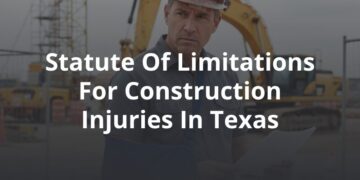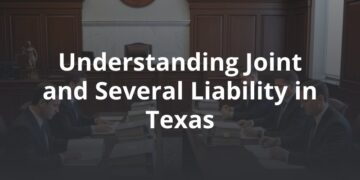If you are involved in a car accident, you will probably receive a series of authorization forms from the various auto insurance companies implicated in the accident. Typical authorization forms include a Medical Authorization, Employment Records Authorization, and Accident Statement Form. Examples of these forms can be downloaded here.
These forms help an insurance company collect information about the accident, as well as your medical records, bills, wage information, and other information private information. When you receive them, you might think you are required to execute these forms and send them back to the insurance company. However, you probably don’t, and probably shouldn’t. To inform your decision, it’s important to understand what the different forms are for, and how the insurance company will use information they collect with these forms to evaluate your claim.
A Medical Authorization form is a HIPAA compliant document that would allow the insurance company to access your health care records. Often times, the insurance company will want to collect your prior medical records, and review those records for prior injuries to the same body parts you are claiming were injured in the subject accident. Not only will this allow the insurance company to dig into your medical history, which might otherwise be private, but this will give the insurance company arguments to fight you on how much you should be compensated for your injuries. It’s important to understand that you do not need to give your permission to collect records, but, instead, can control what health care information they have access to by simply gathering the relevant bills and records on your own.
An Authorization to Release Employment Records gives the insurance company the power to collect all your employment records. While you might be led to believe the insurance company wants to access information about wages you have lost or paid time off you’ve used as a result of the subject accident, the authorization form allows the insurance company to access your entire employment file. This information can identify information harmful to your case, such as prior problems you’ve had at work and prior sick leave you’ve taken for other injuries. Note that the authorization states it “is for investigative purposes and may be used in legal proceedings.” If the insurance company identifies harmful information in your employment file, they will try to use it against you to justify paying you less than you deserve. However, if you elect to not fill out the authorization, you can control the information the insurance company has access to such that only relevant information is used to evaluate your claim or prove your case to a jury. If you have already signed an authorization, you do have the right to “revoke…consent in writing at any time;” just because you already signed an authorization doesn’t mean you can’t revoke it.
The Accident Statement Form asks for general information about the crash. The text at the top of page 4 makes it sound like you must fill out this form, sign it, and return it. However, the language actually says “In order for your claim to be processed in a timely manner, please complete all questions and diagrams on the form.” Nothing in the law requires you to provide this information to the insurance company, and you should think very carefully about filling out this form, as the information you provide in the form can be later used against you if there is a dispute about who was at fault for causing the accident or the extent of your injuries. Instead, if there is a police report of the accident, this will generally contain all the information the insurance company needs to begin evaluating liability. The police report will likely be used as an official accounting of what happened in the accident, and providing additional detail to the insurance company, verbally or in writing, could contradict the information in the police report in a way that makes your life more difficult. Waiting until you have access to the report and/or talking to a personal injury lawyer is a good strategy to make sure you are not making a mistake in handling your claim. If there is not police report, consider talking to a lawyer about the specific facts of your case and your specific injuries to determine the pros and cons of providing this type of information to the insurance company.
If you are involved in an accident, remember that the insurance company is trying to pay as little as possible for your claim. If you control the information they receive about the accident, you increase the chances of being treated fairly and recovering just compensation for your injuries. If you would like to discuss your case with one of FVF’s experienced accident attorneys, call (512) 982-9328 or email office@fvlawfirm.com today for a free consultation.






